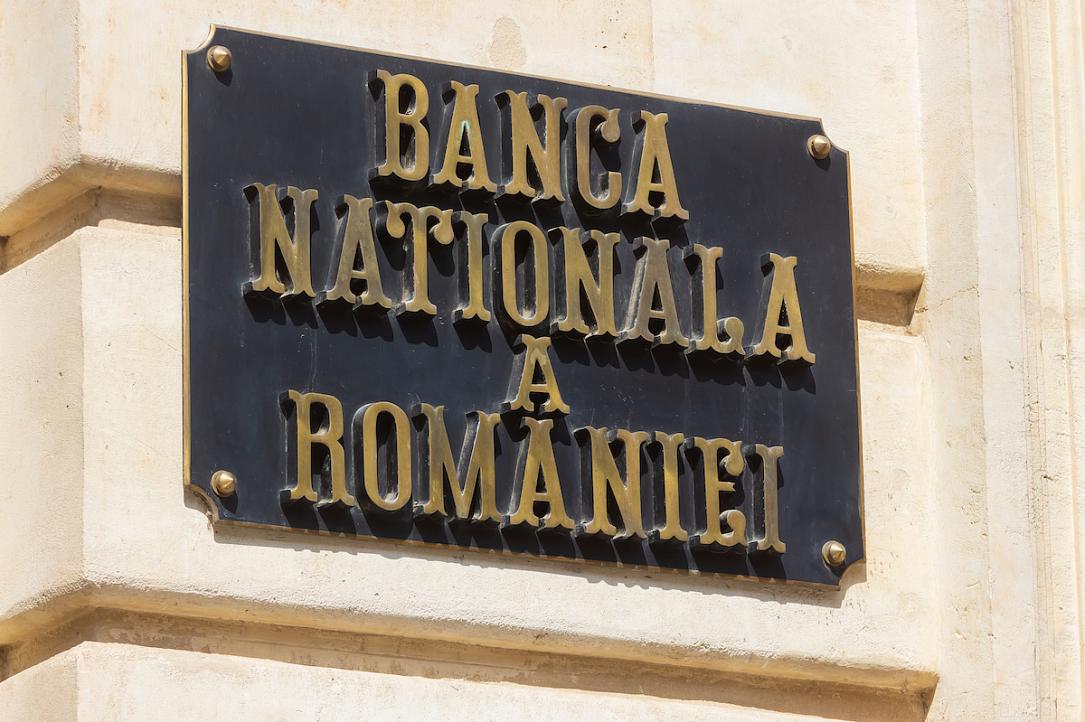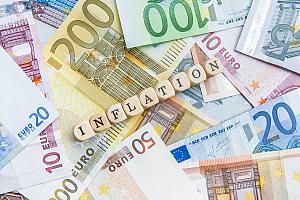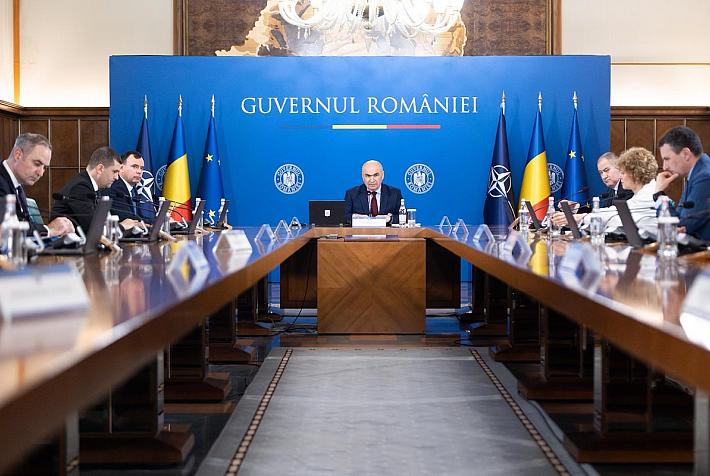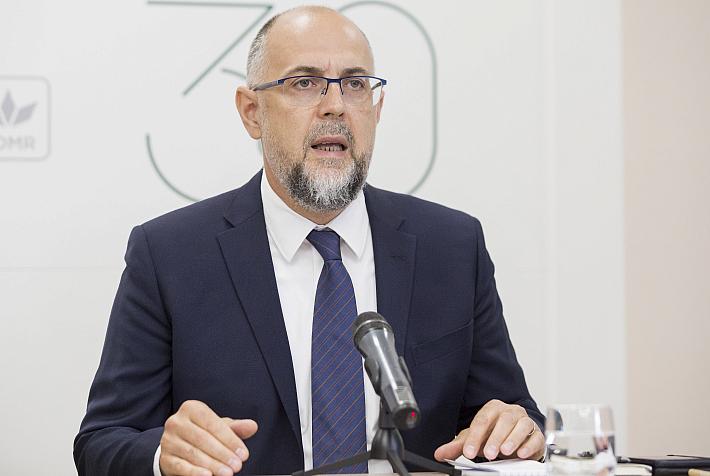Romania's central bank says upfront absorption of EU funds is “vital” for fiscal consolidation

Romania's major macroeconomic challenge, starting with 2021, is the correction of the public deficit, given that it is doubtful that international markets will accept large deficits for years, according to a quarterly report of Romania's National Bank (BNR) on Romania and the euro area.
However, "the correction cannot and must not be brutal, it is good to last for a few years," BNR says, according to Ziarul Financiar. A brutal correction would push the economy into a deep recession, it explains.
The use of EU funds might strengthen the aggregate demand by 2.0-2.5% of GDP additional public spending. This will not only balance the public budget but also stimulate domestic production.
"It is vital that the absorption of European funds be as high as possible in the coming years (to be upfront)," the report reads.
Another key element in fiscal consolidation is increasing the budget revenues, currently representing around 27% of GDP, well below the 32-38% of GDP in the New Member States (that joined the EU in 2004 and 2007).
BNR also stresses that the focus should be placed on the structural balance, and a distinction must be made between permanent and one-off spending, caused by the need to mitigate the effects of the epidemic. Such one-off expenditures to address the COVID-19 pandemic impact might be needed in 2021 as well, BNR says.
andrei@romania-insider.com
(Photo source: LCVA/Dreamstime.com)













